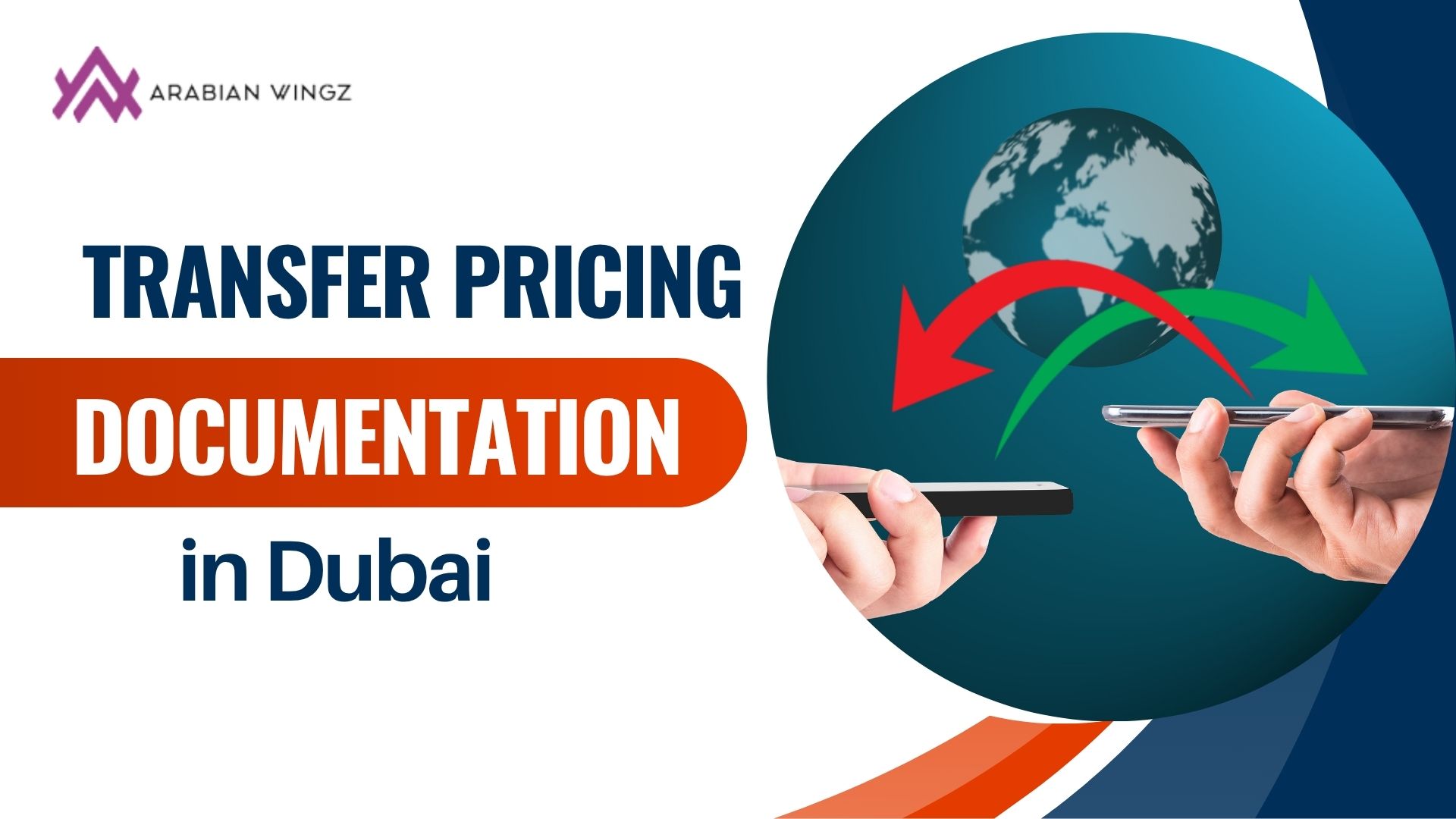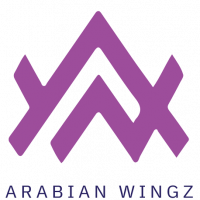Transfer Pricing Documentation Requirements in Dubai – Step-by-Step

Strong 8k brings an ultra-HD IPTV experience to your living room and your pocket.
In the United Arab Emirates, structuring cross-border transactions now requires strong documentation; it is no longer an option. Regardless of whether you're conducting business through a branch office, a Dubai Mainland company, or a Free Zone entity, the UAE's evolving tax environment demands meticulous record-keeping. Let's discuss what should be included in your transfer pricing documentation and how employing professional transfer pricing services in Dubai, UAE, can shield your business from penalties and reputational harm.
Why Transfer Pricing Documentation Matters in the UAE
Transfer pricing has come under increased scrutiny since the UAE implemented corporate taxation in June 2023 and pledged to follow the OECD's Base Erosion and Profit Shifting (BEPS) Action Plan. Companies are required to prove that related-party transactions are carried out at arm's length in accordance with Executive Regulations and Ministerial Decision No. 125 of 2023. Pricing policies that are not supported by documentation may result in fines of up to AED 50,000 per infraction and possibly in the adjustment of taxable profits.
Furthermore, some companies must demonstrate significant economic activity in the United Arab Emirates in order to be exempt from the Cabinet's Economic Substance Regulations. Economic substance and transfer pricing obligations frequently overlap, despite being separate from transfer pricing regulations—particularly for Free Zone entities looking for preferential regimes. In addition to guaranteeing tax compliance, thorough documentation enhances credibility with lenders, auditors, and foreign partners.
Core Components of Transfer Pricing Documentation
The Master File and the Local File are the two tiers that make up a well-structured transfer pricing file. The amount of related-party transactions and your yearly group revenue will determine whether you also need to submit a Country-by-Country Report (CbCR). The following should be covered by each component -
1. Master File
The Master File offers a high-level summary of the international operations, transfer pricing, and income distribution of your multinational corporation. Important sections consist of -
Organizational Structure - A thorough diagram that displays all relevant parties, including parent businesses, subsidiaries, and branches both domestically and internationally in the United Arab Emirates.
Business Description - The group's supply chain, industry trends, and the nature of your worldwide operations.
Intangible Assets - Intangible assets include proprietary technology, patents, and trademarks, as well as their identification and appraisal.
Intercompany Financial Activities - Intercompany financial activities include cost-sharing plans, financing agreements, and guarantees.
Group Financial and Tax Positions - Information on yearly worldwide revenue and taxes paid, as well as consolidated financial statements.
2. Local File
Transactions involving your UAE entity are magnified in the Local File. It must show that your prices adhere to the arm's-length principle. Important additions are -
Overview of the Entity - Ownership, legal structure, and operations of the Dubai-based business.
Controlled Transactions - An explanation of every intercompany transaction, including royalties, loans, guarantees, and sales of goods and services.
Functional Analysis - The UAE entity's responsibilities, resources, and risks in relation to other group members.
Economic Analysis & Method Selection - Rationale for the transfer pricing strategy (e.g., Comparable Unregulated Price, Cost Plus, Resale Price, Transactional Net Margin Method, or Transactional Profit Split).
Comparability Analysis - Finding and choosing similar independent transactions or businesses, then modifying them to take risk and functional variations into consideration, is known as comparability analysis.
Financial Information - Comprehensive financial information for the parties being tested, such as transaction volumes, profit and loss statements, and cost schedules.
3. Country‑by‑Country Report (CbCR)
The CbCR gives tax authorities a worldwide breakdown of earnings, profits, taxes paid, and commercial activity on a jurisdictional basis. It is applicable to organizations with solidified annual revenue exceeding AED 3.15 billion. Documenting a voluntary CbCR can show openness and proactive compliance even if your organization is below the threshold.
UAE‑Specific Requirements and Best Practices
1. Timely Preparation and Submission
Local Document Deadline - Six months after the tax period concludes.
Master File and CbCR Twelve months after the conclusion of the reporting period is the deadline.
2. Language and Currency - Documents should be prepared in either Arabic or English. Financials should be in AED, and foreign currencies should be converted using the Central Bank's current exchange rates on the day of the transaction.
3. Digital Record-Keeping - The Federal Tax Authority (FTA) promotes electronic filing via its web portal. After the relevant tax period ends, keep digital backups for a minimum of five years.
4. Alignment with Economic Substance - Verify that your transfer pricing guidelines are in line with filings pertaining to economic substance. For example, your Local File should include operational personnel, office space, and onshore decision-making procedures if your Free Zone entity claims to have significant activities in Dubai.
5. Frequent Benchmarking - Transfer pricing environments change over time. Every two to three years, conduct benchmarking studies to confirm that your pricing stays competitive, particularly in rapidly evolving industries like logistics or technology.
6. Customized Intercompany Agreements - Create precise, enforceable contracts that specify conditions, pricing schemes, service standards, and due dates. Steer clear of generic templates and tailor clauses to each transaction's specific content.
Common Pitfalls to Avoid
1. Inadequate Functional Analysis - Adjustments may result from merely summarizing transactions without breaking them down into functions, assets, and risks.
2. Ignoring Low- Value Intra-Group Services - Aggregate cost-plus methods may be used to price services like IT maintenance or HR support at arm's length.
3. Failure to Record Non- Monetary Contributions - Agreements and the Master File should record management services, know-how, and personnel contributions.
4. Ignoring Template-Based Reports - The FTA rarely finds that cookie-cutter documentation meets its standards. Adapt each section to the realities of your group.
How Transfer Pricing Services in Dubai, UAE Can Help
It takes expertise to navigate the UAE's transfer pricing regulations. Expert advisors contribute an extensive understanding of regional laws, OECD recommendations, and business procedures. Here are some advantages of hiring experts for your company -
1. Customized Policy Development - They create a transfer pricing policy based on your risk tolerance and business model.
2. Benchmarking Studies - Having access to upscale databases guarantees accurate comparisons and convincing analysis.
3. Drafting and Review of Documentation - To reduce the possibility of fines, advisers draft and review all documents, from the Master File to the Local File.
4. FTA Liaison & Audit Support - They handle correspondence with tax authorities and protect your records in the event of an inquiry or audit.
5. Continuous Updates - Advisors keep you abreast of the most recent regulations and industry best practices as the tax system in the United Arab Emirates changes.
You can rest easy knowing that your intercompany pricing is clear, defendable, and completely compliant with national and international regulations by working with respectable Transfer pricing services in Dubai, UAE.
Conclusion
Transfer pricing documentation is more than just a regulatory checkbox in an era of increased global tax transparency; it is a strategic tool that supports your company's reputation and competitive positioning. Your documentation should provide a coherent and comprehensive picture of how and why related-party transactions are priced at arm's length, covering everything from Master File overviews to detailed Local File analyses.
Professional assistance is crucial for businesses that operate in Dubai and throughout the United Arab Emirates. Professional transfer pricing services in Dubai, UAE can help you at every stage, whether you're just getting started with creating your first local file or looking to improve already-existing documentation. Give your finance and tax teams the knowledge and resources they require now to guarantee compliance both now and in the future rather than waiting for an audit notice to arrive.
Are you prepared to strengthen your documentation and expedite your transfer pricing compliance? Investigate top-notch products from top transfer pricing UAE companies like Arabian Wingz and protect your company from legal threats. Invest in high-quality documentation now to enjoy the advantages of increased stakeholder confidence, efficiency, and certainty.
Note: IndiBlogHub features both user-submitted and editorial content. We do not verify third-party contributions. Read our Disclaimer and Privacy Policyfor details.


